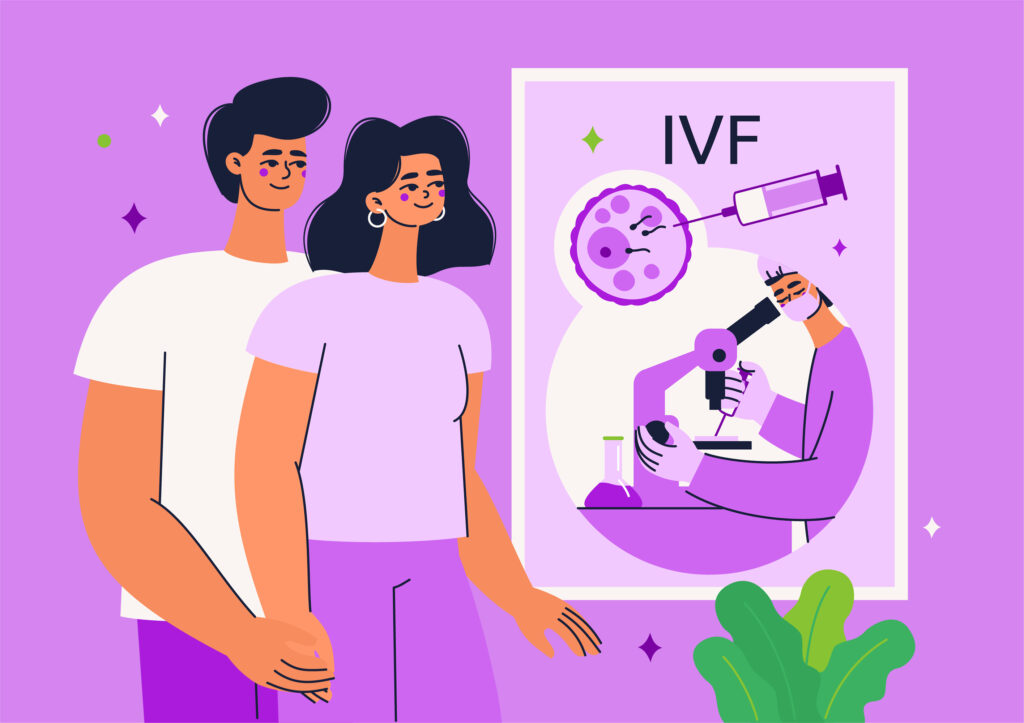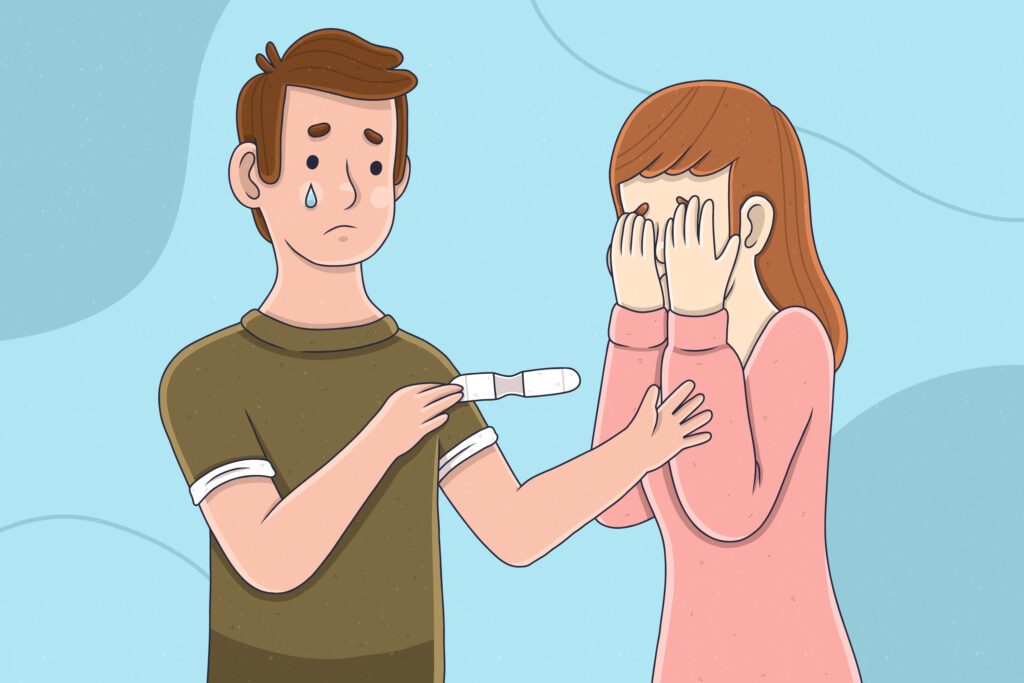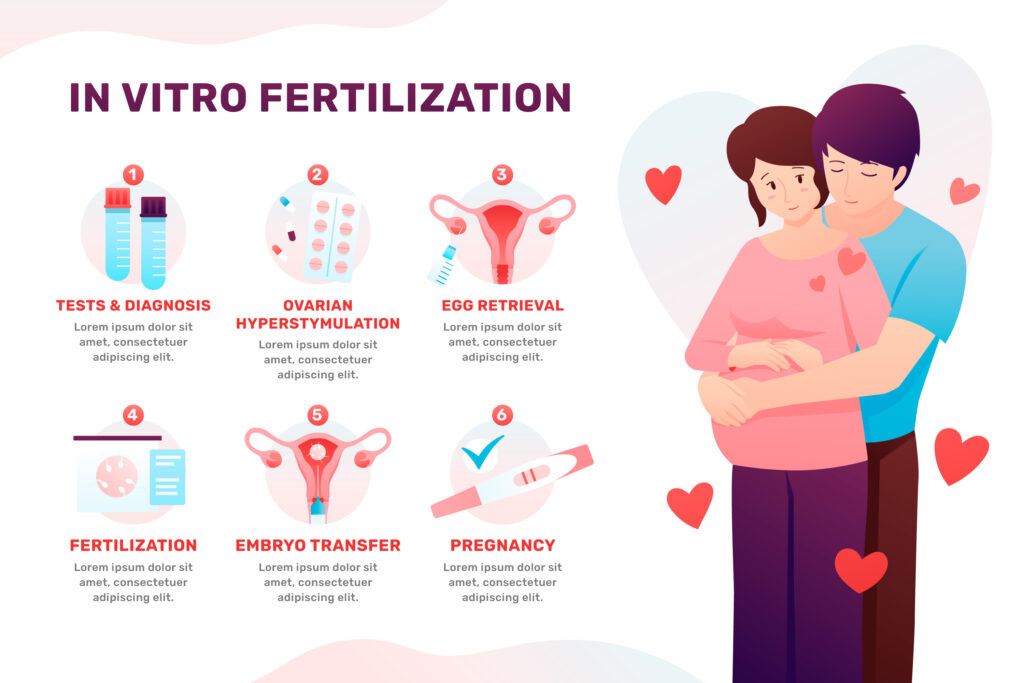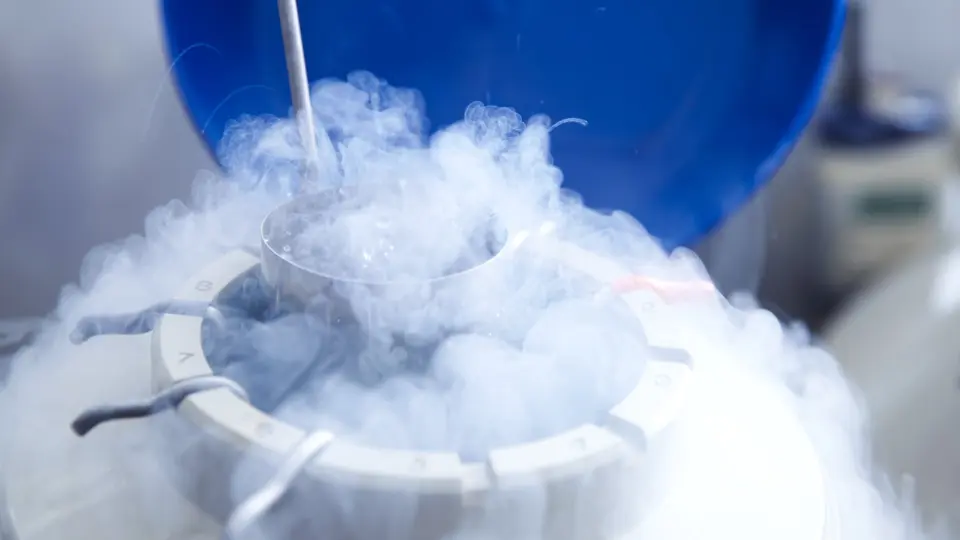Male Reproductive Health
Poor reproductive health is the combination of several reasons, like a huge amount of stress, a bad lifestyle, or some medical condition. Improving your way of living will make your sexual life better.
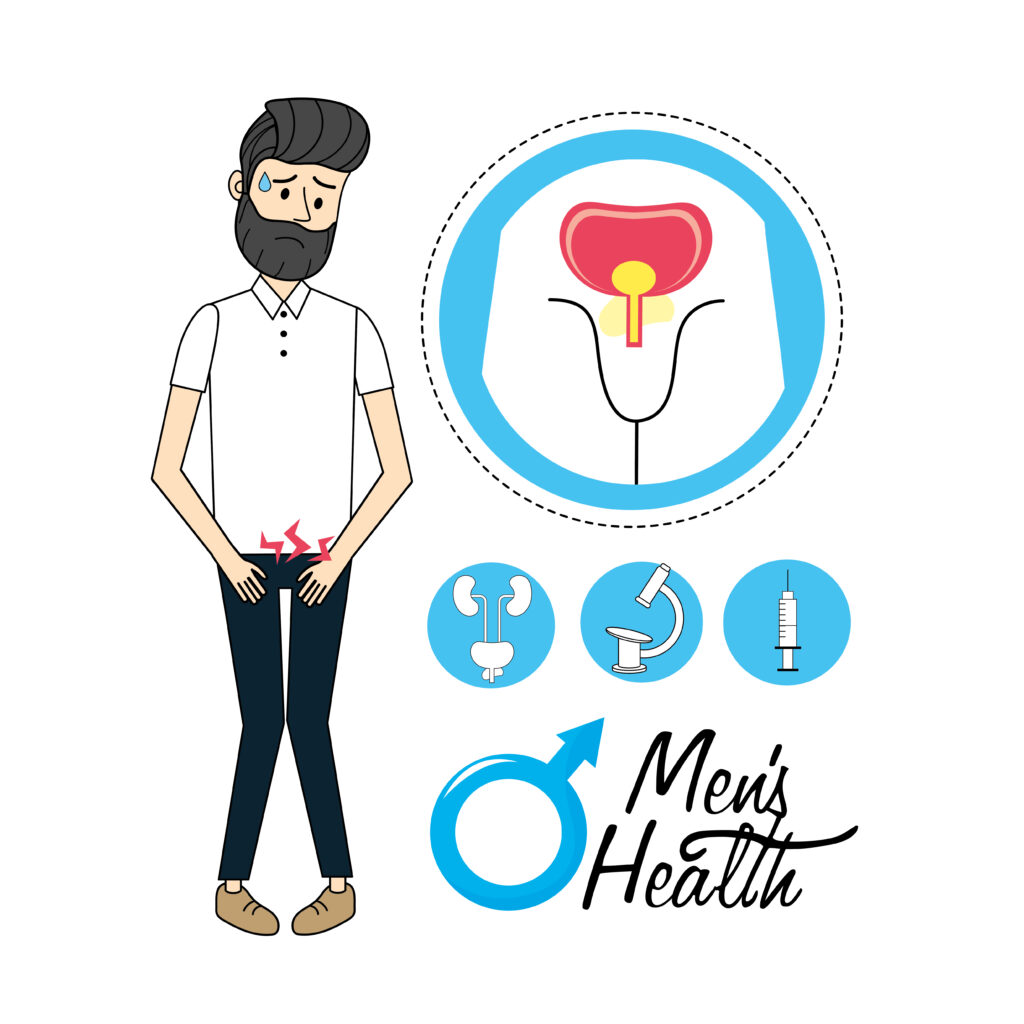
How Mental Health Impacts Male Reproductive Health
Getting into the conversation of good sexual health, no individual avoids mental issues. Sexual activities are known to give pleasure during stress. But difficult situations can deteriorate sexual desires and performance.
Stress
Stress is part of our life and somewhat motivates us to achieve goals. But if you have a constant and high amount of stress, it influences a man’s sexual health. It leads to low performance, reduces interest in intimacy, and even reduces sperm quality.

Anxiety and Depression
This is a common issue, but a high amount of anxiety causes a lot of stress and eventually results in worsening male reproductive health. If any person is depressed, they lose interest in many things they loved to do. Sexual activity is one of them.
Anxiety can cause erectile dysfunction; the person does not have enough erection, which leads to impaired climax. A depressed person loses complete interest and will not feel the pleasure of having intercourse.
How Lifestyle Impacts Sexual Health
A lovable sexual life is important for everyone. Maintaining good sexual health can lead to a good life. How will you maintain it? Let us find out.
Physical activity
Nothing can beat a good workout. A heavy run or sweat-releasing weight training can strengthen your pelvic floor and other muscles. Certain exercise helps to improve erectile function.

Know What You Eat
A balanced diet is important. Eat less sugary food to reduce blood sugar spikes. High blood sugar can affect nitric oxide, which is required for erection. Choose food options that enhance your sexual desires and the quality of your semen and help maintain your sexual health.

Reduce Stress
Stress is a monster, and it is for your mental health too, so make sure you have a balanced lifestyle. This can help men who are taking treatment for male infertility. A healthy mind is necessary for a healthy life.
Effect of hormones
There are multiple reasons for male infertility, but one of the reasons is hormones. If treatment of male infertility is possible the best way is to check the hormonal disbalance and keep them on track.
Testosterone plays a vital role, but there is more to the story:
- Estradiol: It plays a significant role in erectile function, libido, and spermatogenesis.
- Dehydroepiandrosterone: This helps in the production of testosterone.
- Dehydroepiandrosterone sulfate: A steroid hormone that regulates the production of testosterone. This hormone decreases with age.
- Prolactin: The high concentration of this hormone leads to erectile dysfunction and low testosterone levels.
- Vasopressin: It helps to build trust and develop emotions and attachment. It enhances the sexual desires of the partner.
Changes in hormones can be a reason for poor lifestyle and mental health. Visit the men’s health clinic and find out the root cause. Remember: early diagnosis, better the treatment.














